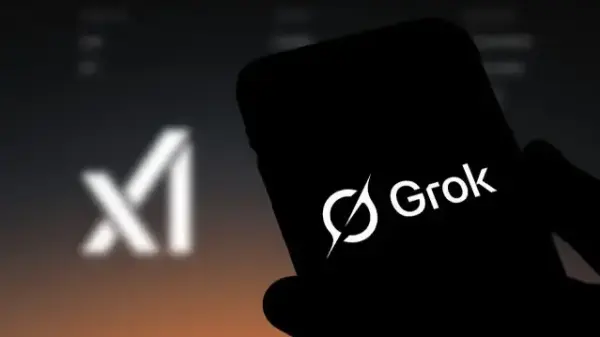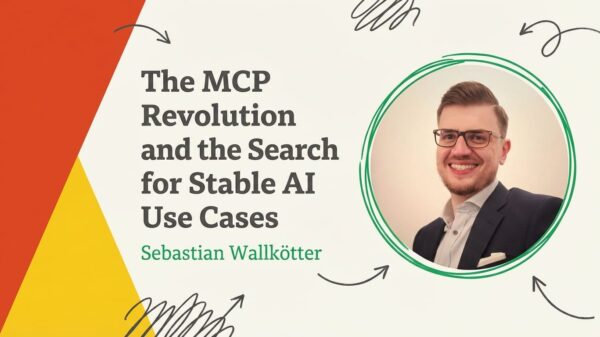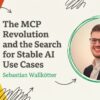Microsoft has significantly expanded its Foundry Agent Service, incorporating an extensive array of AI models. Now, developers can access large language models (LLMs) from notable companies such as Anthropic, DeepSeek AI, Meta, Microsoft, and xAI, enhancing their ability to tailor solutions for specific applications.
This recent enhancement allows developers to select models based on performance and suitability for diverse tasks, ranging from coding to processing long inputs. Key models now available include DeepSeek-R1 (version 0528), DeepSeek-V3 (0324), and various versions of Grok-4, each optimized for different tasks and scenarios.
With this expansion, Microsoft’s AI service is positioning itself closer to Google’s Vertex AI Agent Service, which offers a competitive catalog of models. While Google provides its proprietary models—which are exclusive to Google Cloud—many of the LLMs available through Microsoft and Google overlap significantly. Notably absent from this lineup is OpenAI’s offerings, which are exclusively accessible through Microsoft’s platform for closed-source models. These include the latest iterations such as GPT-5.1 and several legacy models like GPT-4.1, o4-mini, o3, o1, and currently, GPT-4o.
New Additions from Anthropic
Among the new entrants to Microsoft’s Foundry Agent Service are models from Anthropic’s Claude series. The latest models are designed with specific performance targets in mind: Claude-Opus-4-1 is tailored for tackling complex problems, Claude-Sonnet-4-5 strikes a balance between high performance and multimodal workflows, while Claude-Haiku-4-5 prioritizes speed in interactive engagements.
For enterprise applications, general models like Llama-4-Maverick-17B-128E-Instruct-FP8 offer optimization for rapid and cost-effective inference. Although OpenAI has generally moved away from open-source offerings, it does provide the gpt-oss-120b through the Foundry service, broadening the scope of available tools for developers.
Microsoft’s emphasis on ease of model deployment is evident in features such as streaming responses for real-time interactions, flexible tool calling, and multimodal capabilities. The service incorporates grounded retrieval and automatic model routing, ensuring that the most suitable model is chosen based on performance metrics, accuracy, and cost efficiency.
Developers can access these models via multiple platforms including the SDK, API, and the Foundry Agent Playground, thereby facilitating a streamlined integration process.
Read also: Vertex AI expands with Agent Development Kit, Agent Garden, and Agent Engine.
See also States Advance AI Protections Amid Federal Challenges, Enact 252 New Legislative Measures
States Advance AI Protections Amid Federal Challenges, Enact 252 New Legislative Measures AWS Launches Fully Managed EKS MCP Server for Simplified Kubernetes Management
AWS Launches Fully Managed EKS MCP Server for Simplified Kubernetes Management NexGen Cloud Integrates Hugging Face Models into Hyperstack AI Studio for Faster AI Development
NexGen Cloud Integrates Hugging Face Models into Hyperstack AI Studio for Faster AI Development AI Simplifies Medical Reports, Reducing Reading Time by 72% for Cancer Patients
AI Simplifies Medical Reports, Reducing Reading Time by 72% for Cancer Patients Google DeepMind Hires Boston Dynamics CTO Aaron Saunders to Advance Robotics Efforts
Google DeepMind Hires Boston Dynamics CTO Aaron Saunders to Advance Robotics Efforts
































































